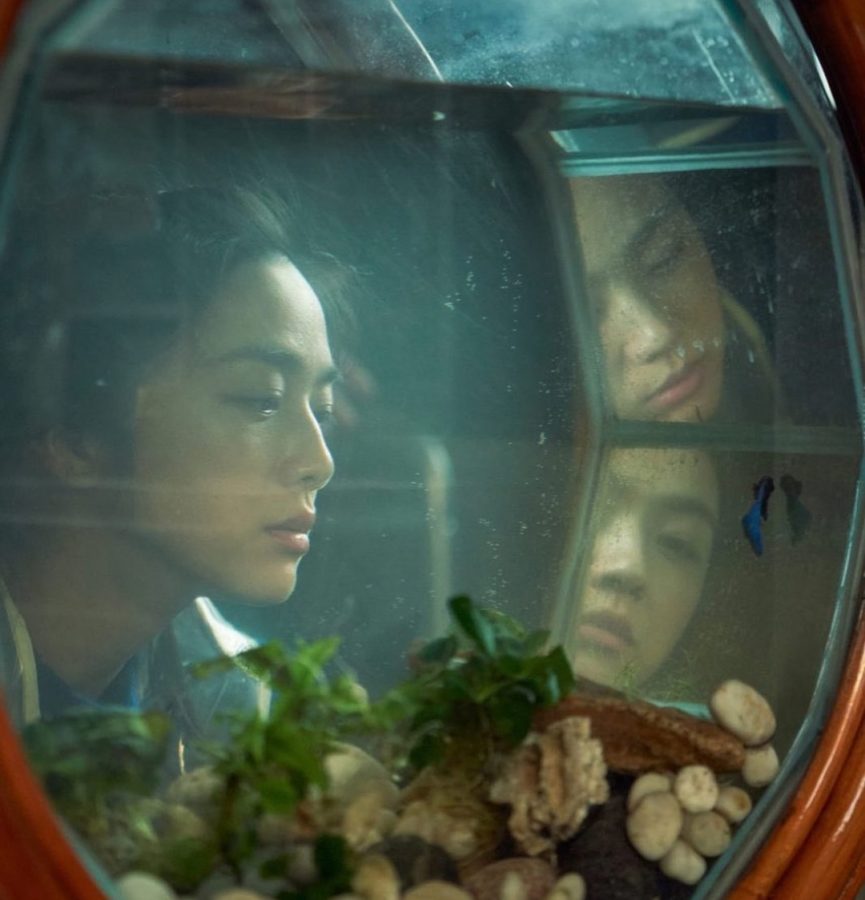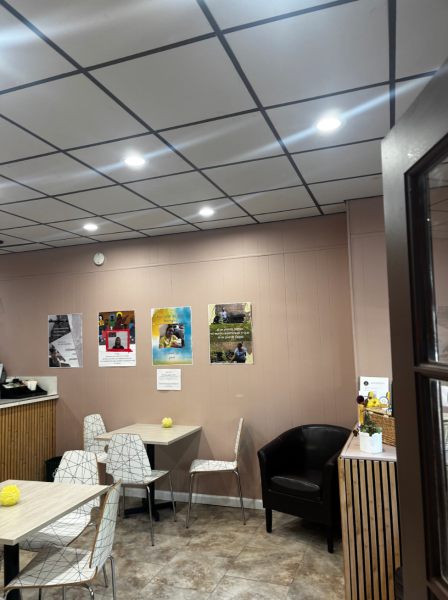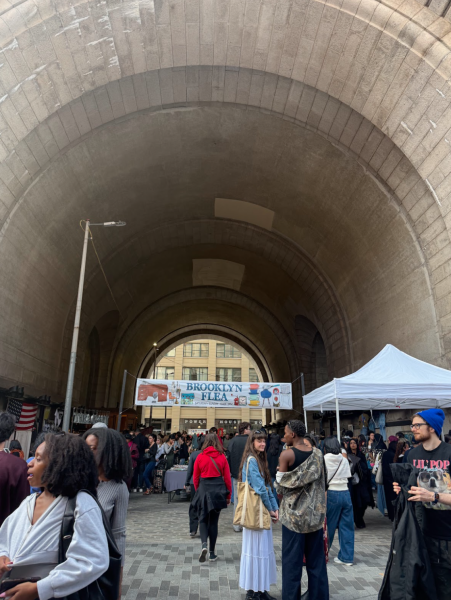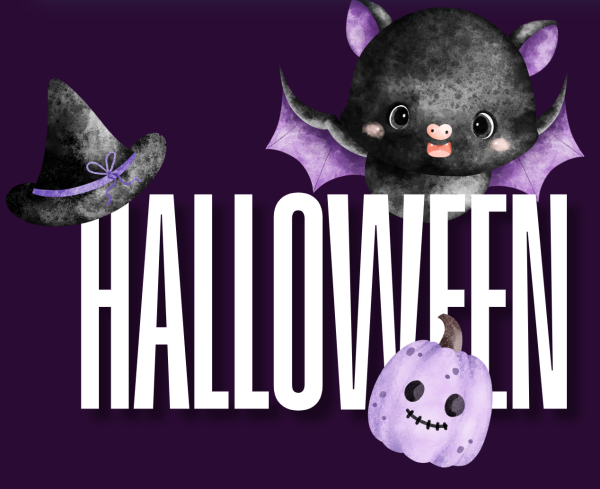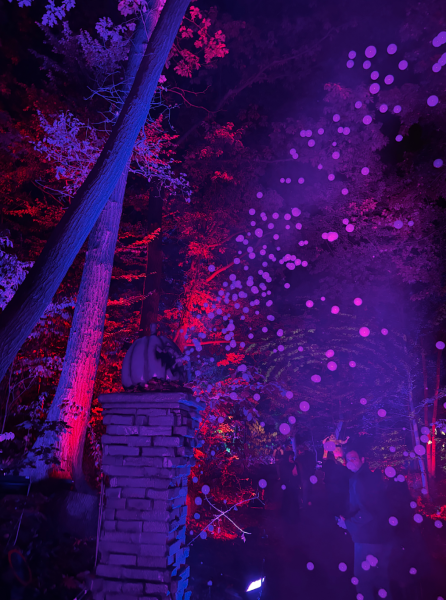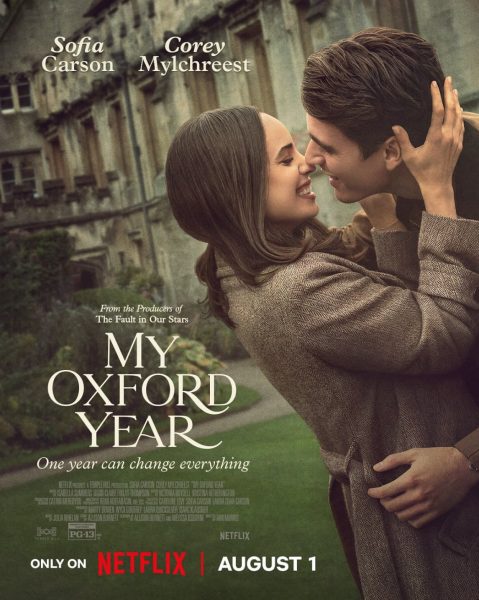Reviving the Neo-Noir With “Decision to Leave”
“Decision to Leave” debuted at the New York Film Festival on Oct. 19 after its opening at the Cannes Film Festival in April, which left Korean auteur Park Chan-wook with a Cannes Best Director win. In the latest film from Park, morals are called into question and heart-wrenching realizations are had; in line with the director’s favorite themes as of late, which were also featured in his 2016 film “The Handmaiden.”
Praise echoed for “Decision to Leave” and left me over the moon when I was able to score a ticket to a screening of the film, complete with a Q&A afterwards with Park himself and the lead actor, Park Hae-il. The film opens with a striking shot of an open eyelid crawling with ants: the body of a man who has died in a climbing accident. The first act of the film surrounds Detective Hae-joon (Park Hae-il) trying to focus on solving the case. He is a stoic, yet compassionate, man who lives alone during the week in Busan, while his wife remains back in the small town of Ipo. She entertains herself with gossip and statistics about middle-age life that she shares with Hae-joon when he comes home on the weekends, a running joke throughout the film that allows Park Chan-wook to give into his playful side, which doesn’t happen too often. Hae-joon begins to obsessively look after a woman, Seo-rae (Tang Wei). Coincidentally, she happens to be the the widow in the murder mystery he is trying to solve, and the main suspect.
The film is a neo-noir romance, a genre we don’t often see successfully done these days. The yearning between the two leads is first underscored by the fun Park Chan-wook and cinematographer Kim Ji-yong have messing with camera techniques and effects. They place Hae-joon inside of Seo-rae’s house during the scenes when he is watching and taking notes on her, as he does every night under the guise of the investigation. Since he is a known insomniac, it is telling that the sight of Seo-rae helps him sleep at night, even if it is only in his car. There is a reciprocation of affection in Seo-rae’s behavior, but he is constantly unsure of her motives. What is later translated as her asking her cat to bring her “the heart of the detective” makes it difficult to decipher if her words are said out of sweetness or hostility, a contradiction in every great femme fatale. The dance between the two leads is foreign for Park Chan-wook, whose characters are usually seeking pure revenge, not reaching for something that they cannot have. However, his screenwriting (in collaboration with Jung Seo-kyoung) proves he is well-versed in romance, despite the fact he hid it earlier in his career.
Chan-wook is notorious for including explicitly sexual and violent scenes in his movies, prompting questions when, as he told my NYFF audience, there were “no scenes of extreme violence, so don’t be afraid” and “no scenes of extreme nudity, so don’t get your expectations too high.” He told The Guardian that he excluded these once-guaranteed scenes because he wanted the audience to notice “all the small nuances and the small changes happening to their faces and their gestures.” He limits all distractions that may deflect the sensitive, subtle feelings at play. From the number of scenes where each breath the two leads take are completely synced up, to the understated clip of them walking around a Busan temple in light rain, where Hae-joon holds the umbrella for the pair and Seo-rae reaches into his pocket to uncap chapstick and apply it to his lips. Every beat of the solemn scenes between the two make sense.
The lengthy second act of the film lost me for a little, very loosely tying up a side murder plot that never really found its footing in the whole of the story; though it ends with a very long, showy chase between the detective and the killer, so perfectly choreographed that it actually proves to be one of the best scenes. But what we thought was the resolution of the main romance proved to be a farce, and we are dragged back into the whirlwind of these people who just have so many emotions that they don’t know what to do with them.
While long, this Korean epic gives a great auteur the chance to tell us a thrilling and almost achingly romantic story. Above all, he breathes life into a once-dying genre with a more contemporary, careful touch.
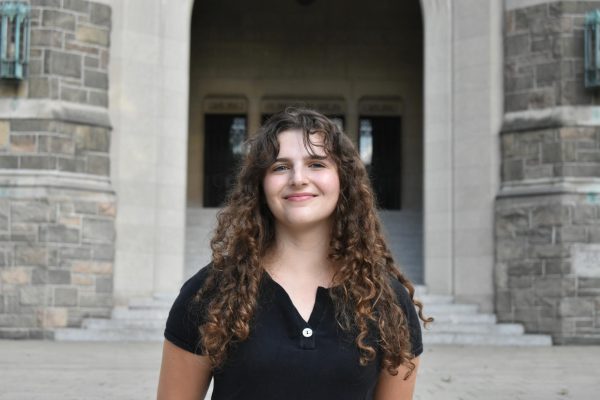
Lauren Lombardi is a junior from Long Island, N. Y. majoring in communications and minoring in film. Lauren began as a contributing writer for The Fordham...





































































































































































































